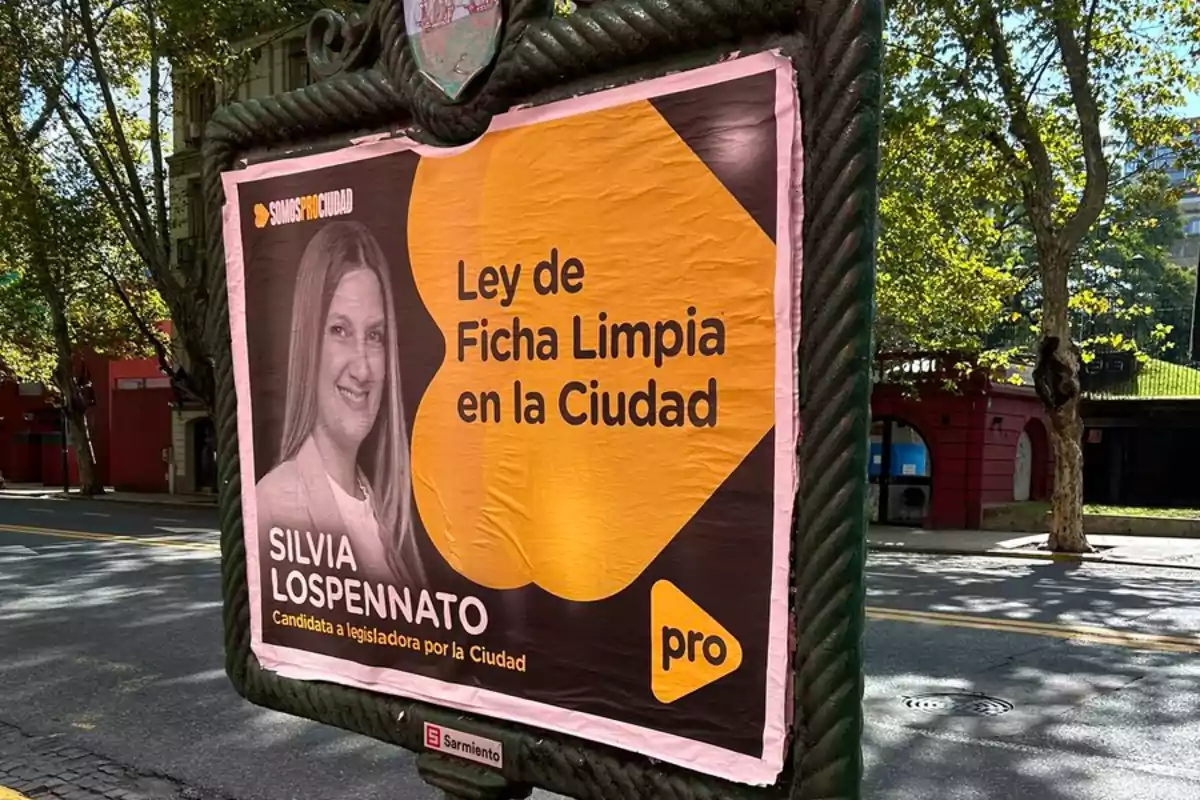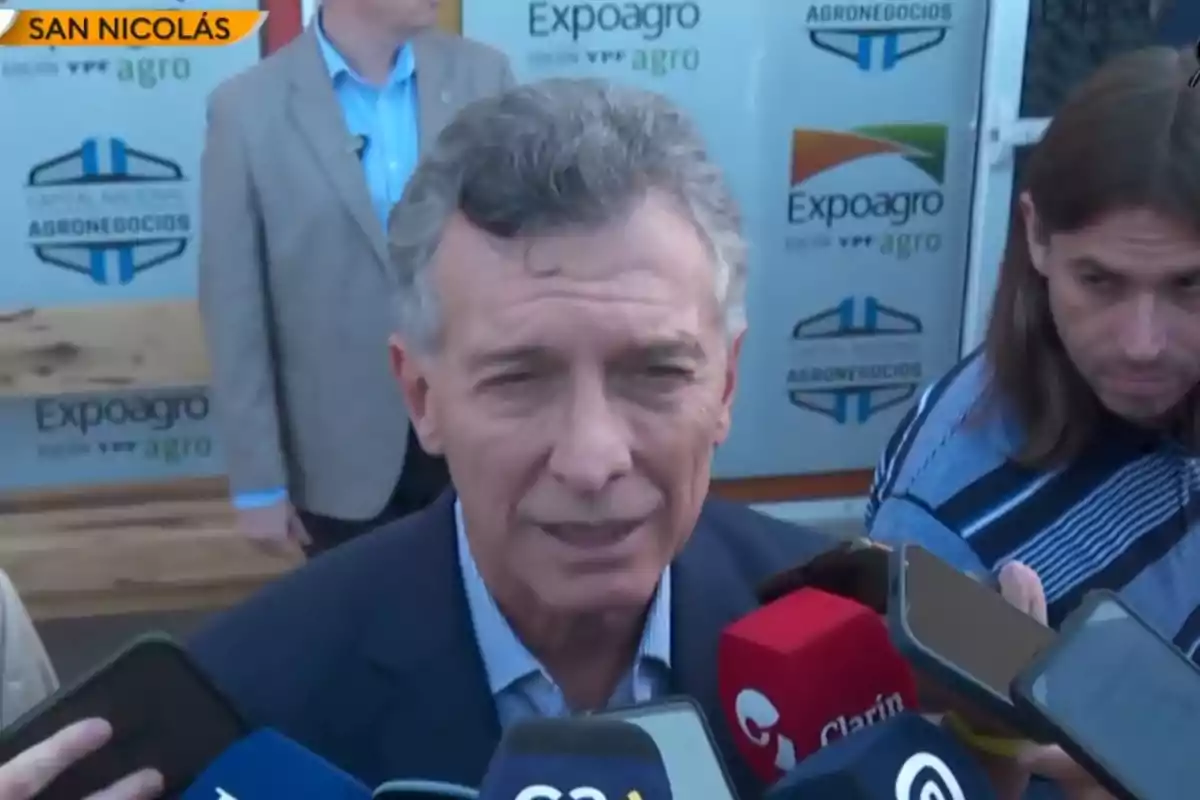
After aligning with Kirchnerism, PRO promises the Clean Record in CABA
On April 3rd, Kirchnerist and PRO senators agreed to lower its treatment
In a new display of political opportunism, PRO began putting up posters in Buenos Aires City promoting the Clean Record Law as one of its campaign promises for the 2025 legislative elections.
However, this move is being heavily criticized, as at the beginning of this month, PRO aligned with the Kirchnerist bloc in the Senate to dismiss a motion that sought to address this project, promoted by Javier Milei's government.
The Clean Record project, which seeks to prohibit individuals convicted of corruption in the second instance from running as candidates for elective positions, was presented by Milei's government a few months ago and received half approval in the Chamber of Deputies on February 12, with 144 votes in favor, including support from La Libertad Avanza and PRO.

However, in the Senate, where Kirchnerism holds a significant majority, the project faced strong resistance. On April 3, during a special session, a motion to address the project the following week was rejected with 33 votes against and 27 in favor.
The Unión por la Patria (Kirchnerism) bloc and some PRO senators, who were absent, were key in this rejection, thwarting the progress of an initiative that had caused broad expectations among citizens tired of political impunity.
PRO's decision to now include the Clean Record in its campaign caused fierce criticism, as it is seen as an attempt to capitalize on a proposal that they themselves helped block.

The Clean Record Project
Clean Record establishes new eligibility conditions for accessing public positions, preventing the candidacy of individuals with confirmed convictions in the second instance for crimes related to public administration, as is the case with former president Cristina Kirchner.
In the version approved by the Chamber of Deputies, crimes such as "fraud against public administration as provided in article 174, paragraph 5 of the Penal Code, bribery, influence peddling, embezzlement of public funds, incompatibilities in the exercise of public functions, and illegal collections" are included.
Additionally, it incorporates "illicit enrichment of officials and employees, concealment, crimes against public administration, from the second book of the Penal Code, and any other intentional crime against the administration that involves enrichment as provided in article 36 of the Constitution."
More posts: